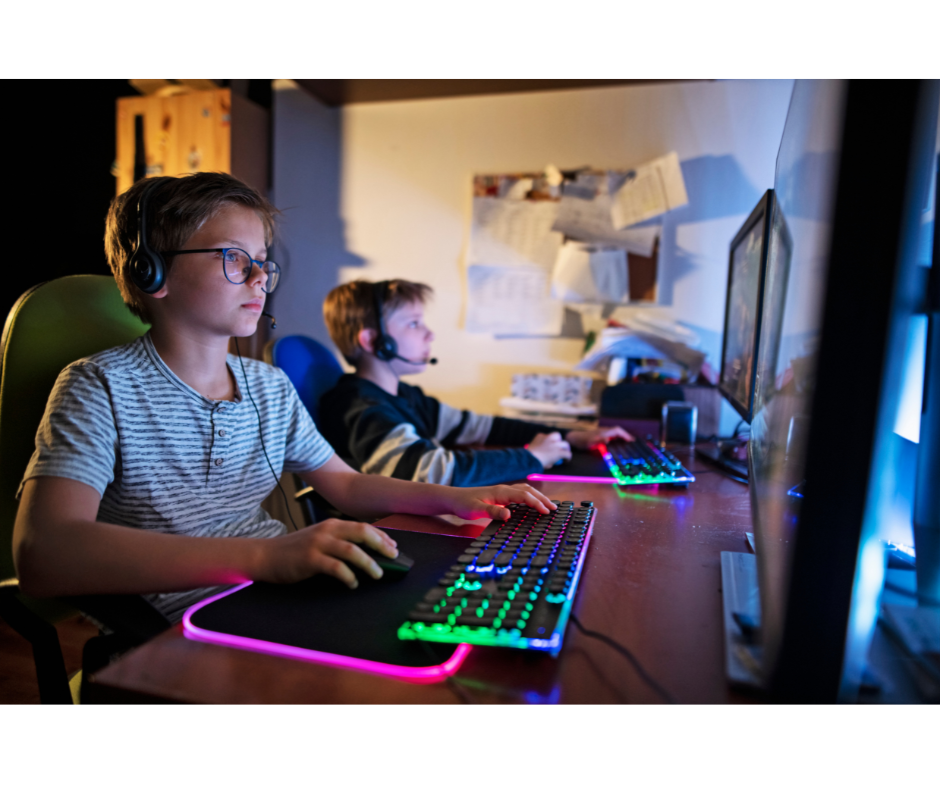
The Connection Between Portable Devices and Substance Abuse in Teens
By Tim Elmore
In the past few years, there has been an alarming rise in substance use among youth in the U.S. The National Center for Drug Abuse Statistics reports that 2.08 million teens, ages 12 to 17, reported using drugs in the last month. They deemed this issue a public health crisis.
We already know the high rates of teens and young adults using social media and smartphones. In fact, the hours teens spend on their smartphones almost equals the amount in a full-time job, somewhere between seven and eight hours daily.
What we didn’t know until now is there is likely a connection.
How Screen Time and Substance Use Are Linked
Dr. Delaney Ruston, M.D. and filmmaker, says she’s found a connection between the two. She says when a teen is on social media, overwhelmed and anxious from its effects, they are three times more likely to develop a self-medicating addiction to vaping, marijuana, or alcohol. Dr. Ruston has partnered with other experts to release a documentary called Screenagers Under the Influence. The premise? Screen time is shaping their drug habits.
Addiction is a common response to their mental health crisis. The most popular substances are:
- Vaping
- Marijuana
- Alcohol
- Prescription drugs
Ellie is a 22-year-old college student who began vaping because she was overwhelmed. She now believes there’s a connection between her tech use and her addictive behavior. She’d take a bathroom break about once every half hour so she could vape. Her habit was taking over her life. So, she took to her favorite social media platform to undo the problem. She posted videos on TikTok to announce she was quitting, and she believes posting helped to hold her accountable to stop.
Jo is also recovering from vaping addiction. She would even do it right in class with a vape pen, which looked like a ballpoint pen to her teachers. She claims it calmed her down. Over time, however, she recognized that the habit was a trade-off. Her self-medicating enslaved her in a different way. She quit two years ago and has never looked back.
How can we lead our students out of slavery and addiction?
Four Conversations
Most young people who are victims of substance abuse due to their portable devices are aware it’s an unhealthy and temporary solution. But at the moment a challenge arises, they’re more concerned about “medicating” the problem instead of eliminating it. They’re satisfied with patching things up rather than making things right. I suggest you wait for the right moment and host a conversation. These four metaphors can be helpful “handles” for them to latch onto as you talk.
Trade-Offs. Every decision is a trade-off; you gain and lose when you make a choice on how you’ll deal with problems. Self-medicating invites new problems that may be as bad as the original one. Talk about trading unhealthy habits for ones that free them instead of enslaving them.
Starving Baker. Often, the real solution may be creating margins and refueling their souls. The temptation to self-medicate can be reduced when they remove what overwhelms them. We avoid being “starving bakers” when we feed ourselves emotionally before we take on tasks.
Microscopes and Telescopes. One of these instruments is about seeing details. The other is about seeing distance. Talk over the difference between long-term, distance thinking and short-term, immediate thinking. Usually, short-term solutions don’t solve the problem in the long term.
Fountains and Drains. The difference between these two is where the water flows. Fountains move upward and outward. Drains move inward and downward. Shaming does more harm than good. Don’t be a drain by shaming or blaming. Remain loving, hopeful, and encouraging.
“Honestly, it’s exhausting trying to keep up with everything,” said Jacob, age 18. “I don’t care about 99 percent of the posts on Instagram. I don’t want to compare myself to everyone having more fun than me on Snapchat. I don’t care about someone’s opinion on Twitter.” So, Jacob is among a wave of young adults deleting their social media accounts and finding freedom.
Millions of teens are almost incapable of breathing without social media. Let’s help them cut the umbilical cord and breathe again. It starts with this kind of information and conversation.






